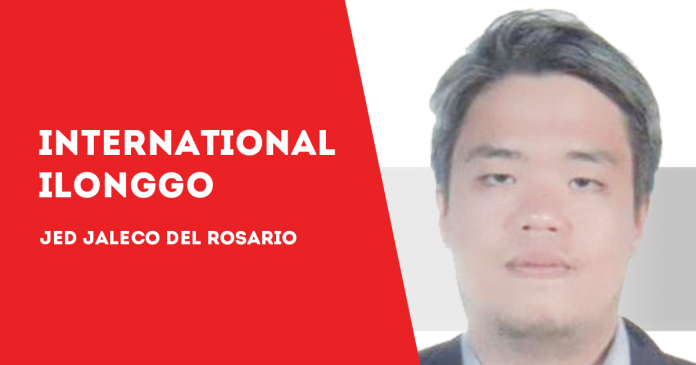
I’VE BEEN tracking the performance of Argentinian President Javier Milei, and it’s impressive that he managed the first fiscal surplus for Argentina in 12 years.
He did this by eliminating a lot of spending and also through his free market policies. The results speak for themselves.
This has resulted in a lot of talk on the internet, with some praising Milei and others criticizing him. The criticisms are mostly about the cost of slashing government spending, and the pain it will cause for the people who are reliant on said spending. Other accusations paint Milei as a ruthless capitalist or as a puppet of fat, cigar-smoking CEOs.
All this argument is about framing and narratives.
Reading through the internet debates, what I got from the anti-Milie faction is that he has leveled the playing field by reducing government control, and like any level playing field, there are winners and there are losers.
What Milie’s critics are arguing is that even a level playing field can be unfair. It can be unfair to the “historically marginalized” for example, or those who have come from “vulnerable communities.”
To protect these groups, which have been dealt bad hands, government must step in, but Milei has put a stop to that. As far as the critics are concerned, an unsustainable deficit is an acceptable trade off if it meant an “equitable” society.
Of course, the downside to that is a budget in the red.
I’m no libertarian, and there are things that I would disagree with, but as far as policies go, I agree with him. Trying to create an “equitable” society where everyone is taken care off through social welfare has costs and those costs make society unsustainable.
Milei’s rise to power, along with Bukele, Trump and other populists, is less about ideologies and policies and more about ethos. That ethos is a rejection of equity along with its costs./PN



